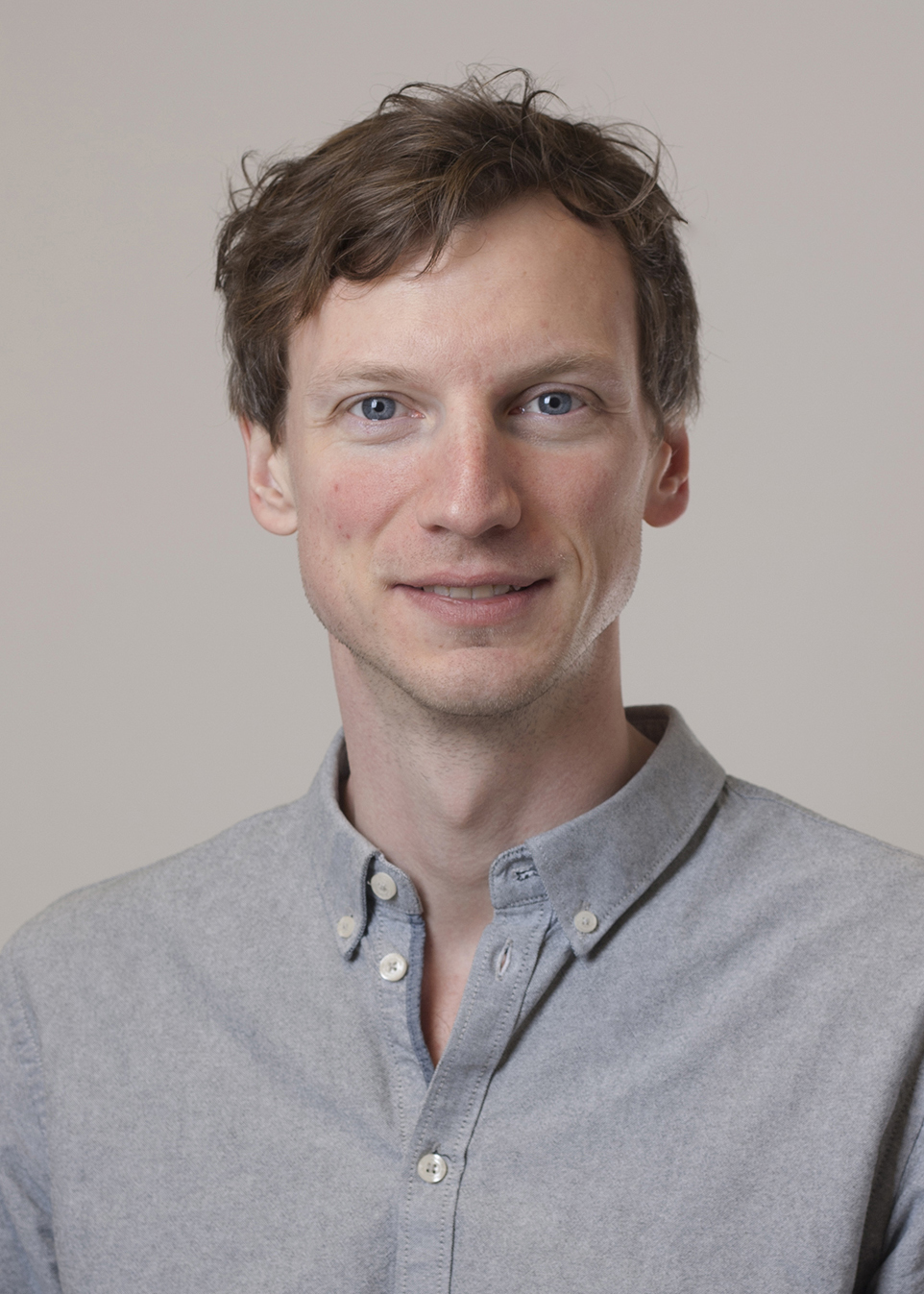Revealing how genes fight each other for space in the genome
Spread of DNA parasites can destroy important genes, so all forms of life have evolved genome defence mechanisms to keep the parasites in check. With a grant of DKK 6.2 mio. from the Independent Research Fund Denmark’s Sapere Aude programme, Peter Refsing Andersen from the Department of Molecular Biology and Genetics and AIAS, Aarhus University, will uncover the strategies used by DNA parasites to evade the genomic defence mechanisms. It is the aim that these genetic studies will improve our biological and medical insight and treatment.

We often consider living organisms as harmonic biological entities, but all forms of life, however, exist in a constant internal arms race with DNA parasites whose only purpose is to make more copies of themselves. These parasites have colonised the genomes of almost all species and compose two-thirds of the human genome. The spread of DNA parasites can destroy important genes, so all forms of life have evolved genomic defence mechanisms to keep the parasites in check. A revelation of what strategies the genetic parasites use to evade the genomic defence mechanisms could play a major role in the fight against these parasites.
Molecular arms race between the host genomes and DNA parasites
”One key challenge in studying the molecular arms race between the host genomes and DNA parasites is that evolution of the involved genes goes very fast,” says Peter Refsing Andersen. “Therefore, one cannot assume that observations made in mice or rats will be representative of the biology in humans. The best solution to this challenge is to uncover the workings of molecular arms races in several different animal species. For this, the fruit fly system that I am using is near-ideal in that it is very fast to work with and allows easy genetic manipulation. Together with studies in other organisms, we hope to build a framework for understanding how genomes in general (including the human) function in spite of – or perhaps because of – the endless evolutionary arms races with DNA parasites.”
“Research in how genomes have evolved and how they function not only contributes to a general understanding of what life is and how it is maintained, but also to the advance of future medical treatments,” Peter Refsing Andersen continues. “As it gets cheaper and cheaper to read the DNA code of whole genomes, such readings will become standard procedures for both healthy and ill individuals. But reading in itself only gives a lot of data. Genetic studies such as mine will help build a framework for understanding how all this data can be translated into biological and medical insight and treatment.”
At the forefront of research
”The Sapere Aude program makes is possible for me to do research at the forefront of genetics and genomics in a global context. The funding enables me to establish strong international collaborations and long-term thinking that allows me to focus fully on the research. At the same time, Sapere Aude supports my exploration of an entirely new areas of research, which has the potential to shape the future direction of my research in the years to come,” Peter Refsing Andersen, concludes.
About the grant
The grant of from the the Independent Research Fund Denmark’s Sapere Aude programme is a so-called Sapere Aude Starting grant aiming at providing excellent younger researchers, i.e. researchers who have carried out top class research in their field, with the opportunity to develop and strengthen their research ideas. The grant also aims at promoting the mobility internationally as well as nationally among research environments, and thereby to strengthen networks and careers. Sapere Aude is latin and means "Dare to know"; "Dare to be wise", or "Dare to think for yourself!"
The grant runs over a four-year period from 1 July 2020.
For further information, please contact
Assistant Professor Peter Refsing Andersen
Department of Molecular and Cell Biology and Aarhus Institute of Advanced Studies (AIAS)
Aarhus University, Denmark
pra@mbg.au.dk
